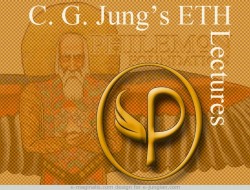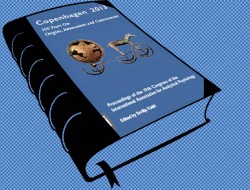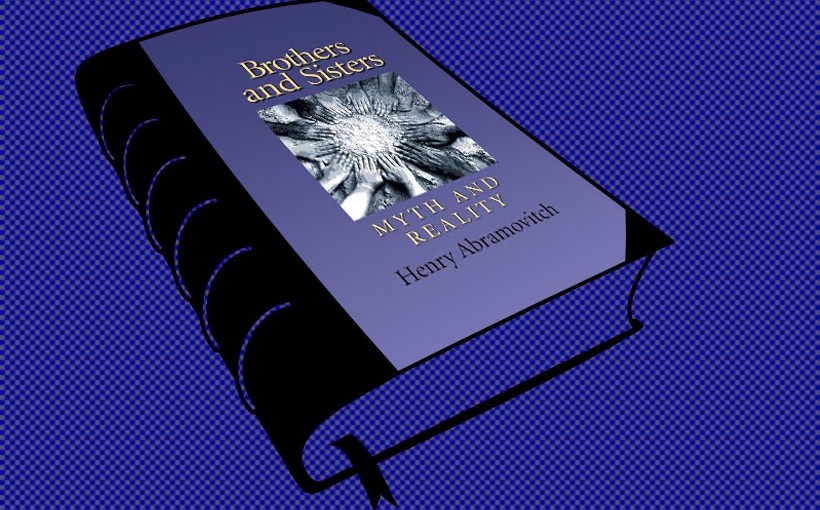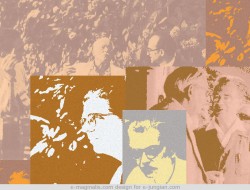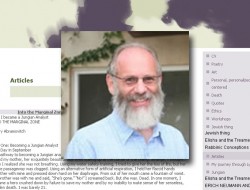- Series: Carolyn and Ernest Fay Series in Analytical Psychology (Book 19)
- Hardcover: 176 pages
- Publisher: Texas A&M University Press (November 18, 2014)
- Language: English
- ISBN-10: 1623491908
- ISBN-13: 978-1623491901
Growing up, we typically spend more time with our brothers and sisters than we do with our parents. In an age of divorce, mobility, and alienation, the sibling bond is often the only one that really lasts.
Given that brothers and sisters are such a fundamental aspect of human existence, it is remarkable that they have received so little in-depth attention in the field of psychology.
Henry Abramovitch’s Brothers and Sisters: Myth and Reality explores the tension between the myth and reality of brothers and sisters in a variety of cultures and through the poignant brother-sister stories in the Bible. Abramovitch looks at the developmental sequence in the sibling relationship as brothers or sisters struggle to find their place with each other, concluding with a very personal account of his own relationship with his brother and sister.
Abramovitch asks how psychoanalysis would have evolved if Freud and Jung had read Bible instead of Greek mythology. It would have put conflict between brothers and sisters in the center. The book examines what is at the core of the brother-sister dynamics and discusses it from mythological, Jungian and clinical perspective using the many the brother/sister stories in Bible as an process toward “tikkun akhim” – repair between siblings. It also suggests that conflict between sister/brother nations is based on sibling psychology and ends with personal story of his own relationships with his brother and sister. For those who prefer, Resling will be bringing out a Hebrew edition next year; and a Russian edition (KLASS) is in press.
Reviews:
“Henry Abramovitch has written a rare and beautiful book about a topic that is deeply familiar and yet has been embarrassingly underexplored in the tradition of Analytical Psychology. For those with siblings, the divides between the beloved and hated sibling and between the mythic and the real sibling that Dr. Abramovitch portrays are as close to home as our blood. For those without siblings, Dr. Abramovitch has given us the second best thing to the real experience — the capacity to imagine the joy and suffering of being a sibling.”—Thomas Singer, Jungian psychoanalyst and author/editor of The Cultural Complex: Contemporary Jungian Perspectives on Psyche and Society
„In this book Abramovitch unearths profound meanings of a neglected relationship in depth psychology—the relationship of siblings. Abramovitch uses his vast knowledge of the Bible and religious myths throughout the world together with his own clinical experience to show how the sibling relationship can be alternatively nurturing and murderous, healing and conflictual. But if we tame the relationship through understanding and imagination it can literally be the relationship that is the signpost for how we come to know ourselves and continue to grow throughout our lives.”—Steven Kepnes, Professor of World Religions and Jewish Studies, Colgate University
„A seminal Jungian contribution… What distinguishes Abramovitch’s work – aside from its humour and compassion – is the well-integrated mixture of personal, social, anthropological, mythical, biblical and other archetypal elements. Therapists and academics interested in brothers and sisters – particularly those who do not usually read Jungian books – should lay aside prejudices and engage with the multi-dimensional world of ‘sibs’ that is conjured up herein.”—Andrew Samuels, Professor of Analytical Psychology, University of Essex, UK
See book at Texas A&M University Press
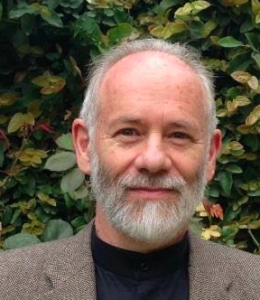 Henry Abramovitch
Henry Abramovitch
Professor Henry Abramovitch is a training analyst in IIJP and a member of the Ethics Committee of the IAAP. He is trained both as a clinical psychologist and anthropologist and was former President of the Israel Anthropological Association. He teaches at the Tel Aviv Medical School and is Mental Health Consultant to programs of American youth spending a year in Israel. He has written two books: The First Father and Sisters Keepers, Brothers Weepers, and many articles and book chapters on topics such as, ethics, temenos, transcultural issues, siblings, death and dying, as well as art and trauma. He has also edited a special edition of Harvest: International Journal of Jungian Studies on Erich Neumann, as well as a special edition of Transcultural Psychiatry on The Relevance of Jungian Psychology to Cross-Cultural Psychiatry
e-jungian.com is not financed by any external fund except of free of charge administration and webmastering of e-maginalis.com.
e-jungian.com participates in Amazon Services LLC Associates Program, which is our way to keep the website clean and free of advertisements. It means that every time a book is bought it supports the development of the website. We advertise only analytical psychology and Jungian psychoanalysis books. If you like the direction our website is expanding you might consider supporting it by buying Jungian books via sponsored links of our Amazon Associaties Program.
Tags: Henry Abramovitch












